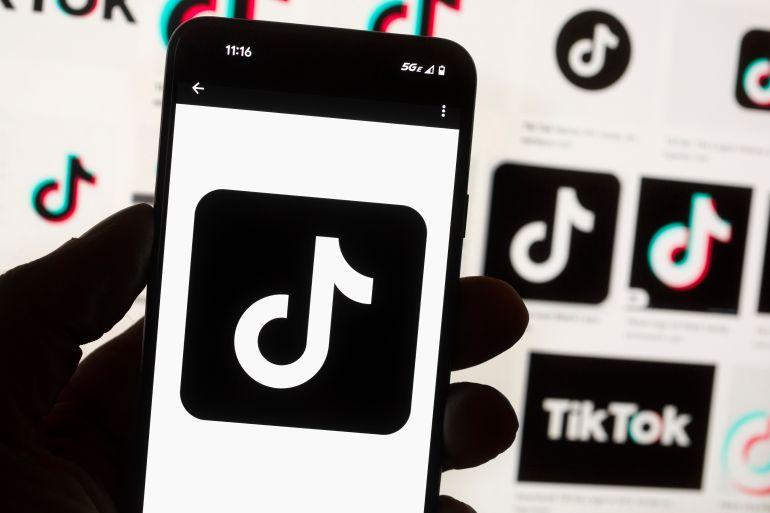Source: ALJAZEERA
ALJAZEERA MEDIA NETWORK

ByteDance claims the US government opts to shut down TikTok rather than work towards a secure solution for US users.
TikTok and its parent company ByteDance have appealed to a US court to nullify a law that threatens to ban the popular video app on January 19 next year.
Details revealed on Thursday show that the companies asserted the US government has avoided meaningful settlement discussions since 2022.
Legislation ratified by President Joe Biden in April mandates ByteDance to divest TikTok’s US assets by January next year or face a ban. ByteDance maintains that divestment is “not feasible technologically, commercially, or legally”.
ByteDance disclosed extensive negotiations that ended abruptly in August 2022 and released a redacted 100-plus page draft agreement for national security to protect US user data, stating they have invested over $2 billion towards this.
The draft suggested the US government could deploy a “kill switch” to disable TikTok at its discretion if the company did not comply and also demanded the app's source code be relocated out of China.
Lawyers for TikTok informed the Justice Department in an email dated April 1, which was made public on Thursday, that the administration prefers to shut down TikTok, potentially silencing 170 million Americans, rather than work towards a practical and enforceable solution.
While the Justice Department refused to comment on the email, they stated last month that the law addresses fundamental national security issues in line with constitutional limitations, and they are prepared to defend it in court.
The US Court of Appeals for the District of Columbia will hear oral arguments on the lawsuits filed by TikTok, ByteDance, and users on September 16. The future of TikTok in the US hinges on the outcome, which could shape how the US regulates foreign-owned apps.
ByteDance and TikTok argued that the law radically shifts from the tradition of supporting an open Internet, setting a dangerous precedent of targeting disfavored speech platforms and forcing sales or shutdowns, and requested the court to overturn it.
US lawmakers' fears that China might use TikTok for data access or espionage led to the swift passage of the measure in Congress.
Lawyers for a group of TikTok users contending the ban stated the law violates free speech rights, noting the absence of immediate national security threats as the law allows TikTok to operate until year-end, including during an election period.
TikTok argues that any divestiture, technically feasible or not, would take several years and that the law infringes upon Americans’ free speech rights. Furthermore, ByteDance claims the law punishes TikTok unfairly while overlooking many other applications with significant operations in China that collect large amounts of US user data.
Court orders blocked former President Donald Trump's 2020 efforts to ban TikTok and WeChat in the US. The current administration seeks to end Chinese ownership of TikTok on security grounds but not necessarily ban the app. Recently, Trump joined TikTok and expressed concerns about a possible ban.
The law bans app stores, including those of Apple and Alphabet’s Google, from offering TikTok, and prohibits internet hosting services from supporting TikTok unless ByteDance divests.
Your email address will not be published. Required fields are marked *